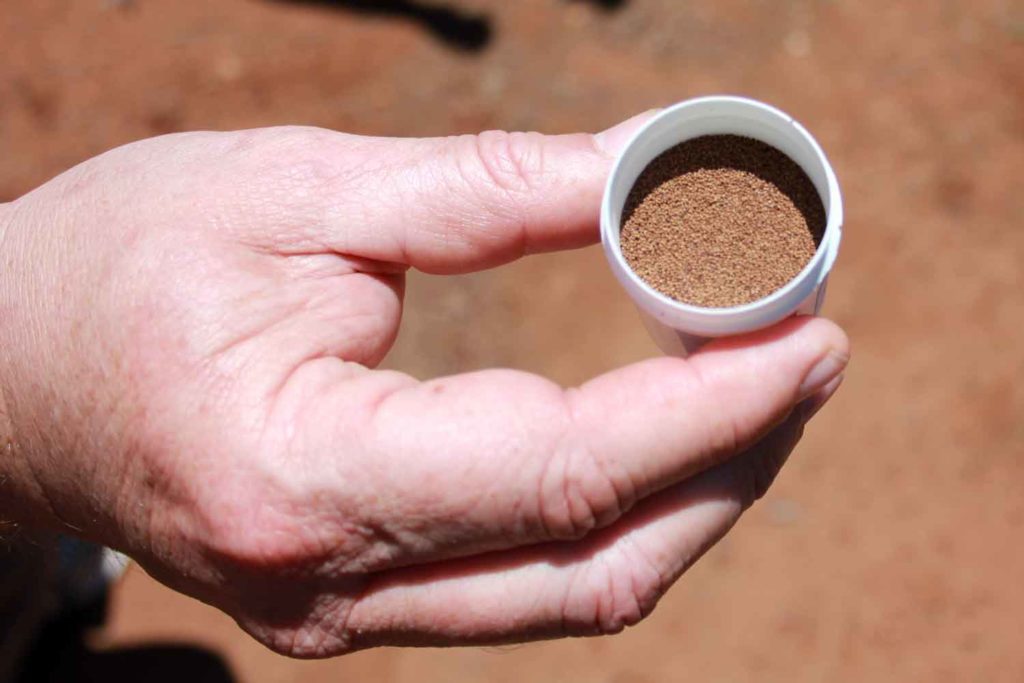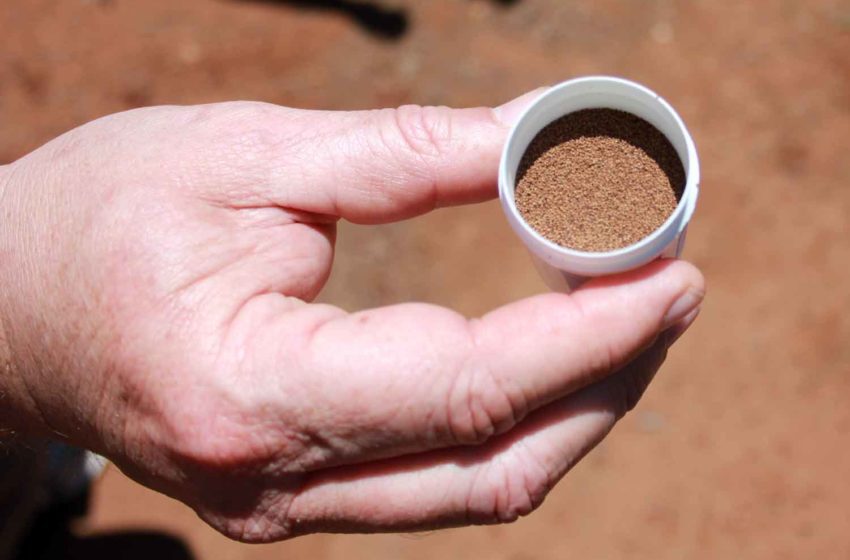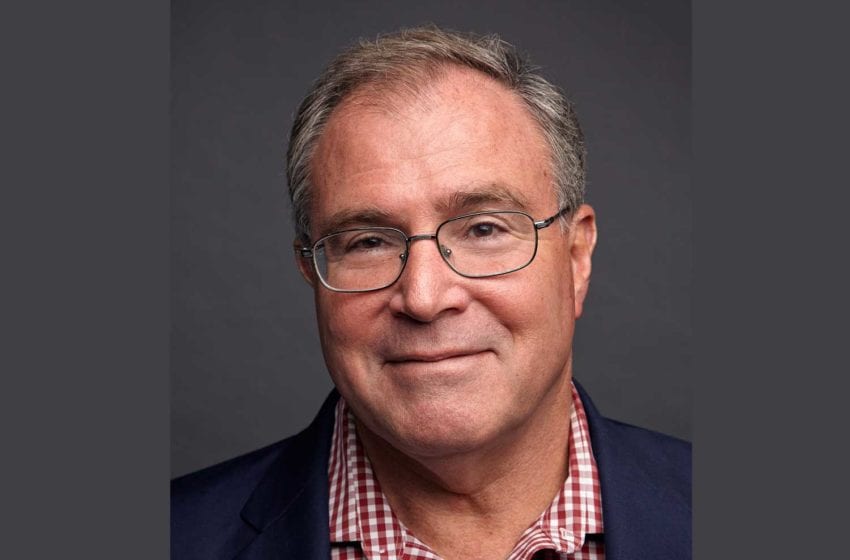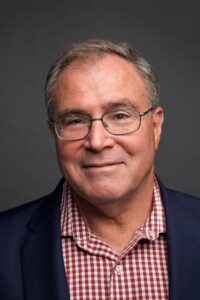Nepal is poised to ban e-cigarettes, according to Bhakta Bahadur KC, information officer at the National Health Education, Information and Communication Center, reports MyRepublica.
The legislation is a response to rising e-cigarette use among youth. Nepal imported 3.2 million e-cigarettes in 2023. The business is worth an estimated NPR210 million ($1.5 billion).
Contradicting studies suggesting that vaping is at least 95 percent less risky than smoking. KC said e-cigarettes are as harmful to health as cigarettes.
In related news, a recent survey by the Nepal Development Research Institute revealed that 34.1 percent of the Nepalese population uses tobacco in one form or another, up from 31.8 percent in 2020.
Nearly 18 percent of those aged between 15 to 24 use tobacco, with 8.9 percent preferring smoking and 6.3 percent prefer smokeless tobacco. A small percentage (2.7) engages in both practices. Among individuals aged between 25 to 39, tobacco use is at 26.5 percent, with 8.7 percent of them smoking, 13 percent using smokeless tobacco, and 4.9 percent doing both.
Likewise, 41.6 percent of individuals aged between 40 to 54 use various forms of tobacco products. Within this age group, 11.1 percent smoke, 26.7 percent use smokeless tobacco products and 3.7 percent use both. Similarly, among those aged 55 to 69, tobacco product usage is at 56.7 percent—16 percent smoke, 33.8 percent use smokeless tobacco, and 6.8 percent use both forms of tobacco.
Among the male population of the country, 55.8 percent of men use some form of tobacco, while 11.2 percent of women use tobacco.
NDRI researcher Kamal Chaulagain attributed the rise of tobacco consumption to the increasing popularity of hookah and e-cigarettes, which some users view as smoking alternatives, and called for higher taxes.
NDRI head Jaya Kumar Gurung, blamed lax enforcement of the Anti-Smoking Act. He emphasized the lack of public awareness regarding the harmful effects of tobacco products.




















